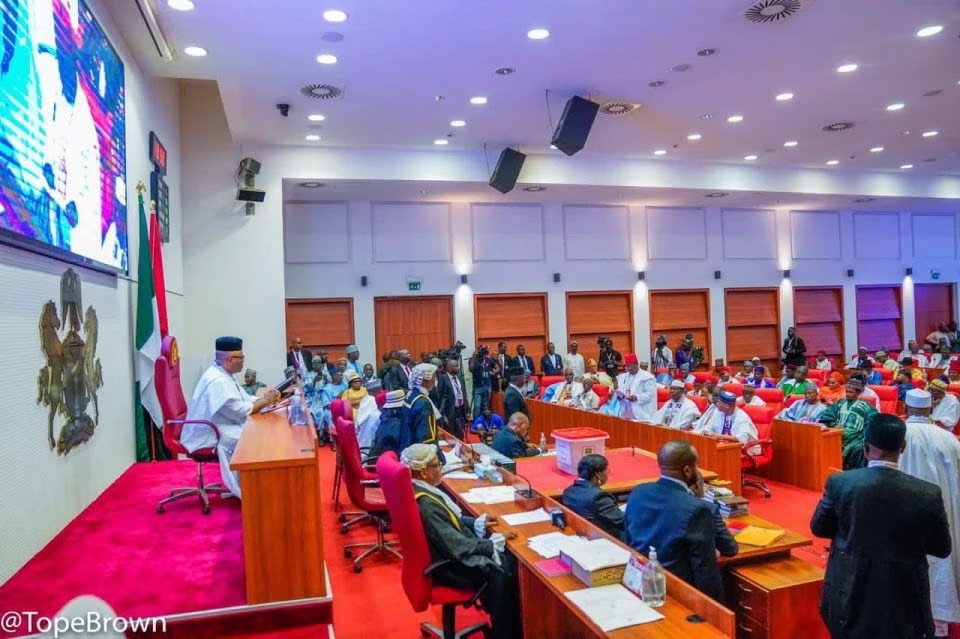The Federal Government of Nigeria has addressed recent claims that the Dangote Refinery and the Nigerian National Petroleum Company Limited (NNPCL) are not meeting 50% of the nation’s fuel demand. Executive Director of the Nigerian Midstream and Downstream Petroleum Regulatory Authority (NMDPRA), Ogbugo Ukoha, clarified that these assertions are misleading. He emphasized that, as of now, neither the Dangote Refinery nor NNPCL’s refineries have commenced significant production or importation of petroleum products this year.
The Dangote Refinery, inaugurated in May 2023, is designed to process up to 650,000 barrels of crude oil per day, positioning it as the largest single-train refinery globally. Despite its potential, the facility has faced challenges in securing a steady supply of crude oil, which has delayed its full operational capacity. Aliko Dangote, the refinery’s owner, has been actively seeking additional funding to procure the necessary crude supplies to meet both domestic and export demands.
In an effort to support local refining and reduce dependence on imports, the Nigerian government has implemented policies to ensure that domestic refineries receive adequate crude oil supplies. The Nigerian Upstream Petroleum Regulatory Commission (NUPRC) recently announced that it would withhold export permits from oil producers who fail to meet their domestic supply obligations. This directive aims to prioritize local refining needs and bolster the nation’s energy security.
Despite these initiatives, Nigeria continues to rely heavily on imported petroleum products to satisfy its fuel requirements. The anticipated contributions from the Dangote Refinery and rehabilitated NNPCL refineries are expected to significantly impact the domestic fuel supply landscape. However, until these facilities become fully operational, the nation must maintain its importation strategies to meet consumer demand.
The Federal Government remains committed to supporting the operationalization of local refineries and implementing policies that encourage domestic production. These efforts are aimed at achieving energy self-sufficiency and reducing the economic strain associated with fuel imports.





